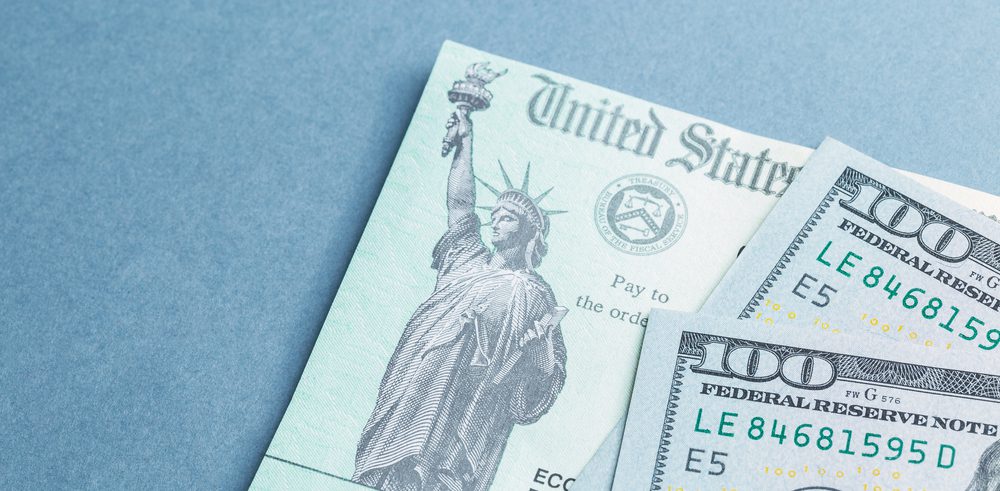
What is the American Worker Rebate Act?
The American Worker Rebate Act (AWR Act) is a legislative proposal that would use tariff revenue—specifically the duties collected on foreign imports—as the funding source for direct payments to millions of working Americans. The idea is a departure from the typical stimulus-check model we saw most recently during the pandemic, where the government borrowed money (or added to federal debt) and distributed it broadly. With this new model, the money supposedly comes from higher tariff collections.
Supporters point to a dramatic increase in tariff revenue under the Trump administration’s trade policies. For example, in June 2025 alone, the U.S. Treasury reported tariff revenues in the ballpark of $27 billion to $30 billion—up sharply from about $4 billion the previous year. Further, tariff revenue for the fiscal year has reportedly surpassed $113 billion, according to one Reuters-cited figure.
Under the AWR Act, the payments would be structured as refundable tax credits tied to the 2025 tax year. The bill text indicates that eligible American taxpayers could receive direct checks from the government, potentially starting as early as late 2025 or more likely in 2026, depending on how fast the legislation passes and the IRS implements it.
In short, it’s a “stimulus-style” rebate check, but funded by tariffs instead of borrowing.










yes, end me 600 dollar check from trearifs you collerted 11 trion dollars in 6 mouths send it 3-5 days will be waiting !